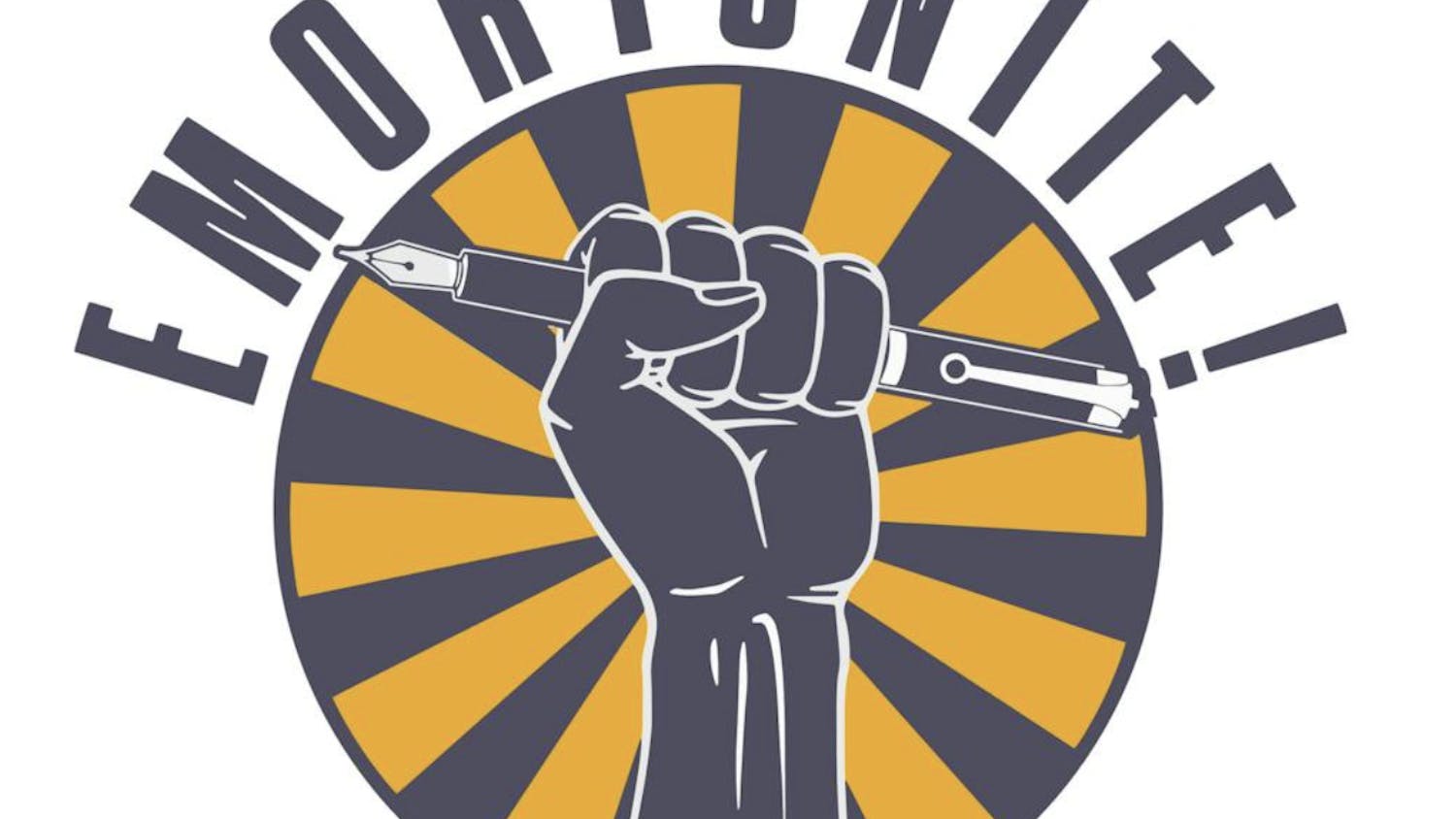Students and faculty gathered for Emory’s Quilt on the Quad event on Dec. 1, World AIDS Day, to commemorate victims of acquired immunodeficiency syndrome (AIDS).
The event, which took place from 10 a.m. to 4 p.m., displayed over 800 quilt panels, featured free and confidential HIV testing and an information fair. The event was moved from its original location on the Quad to the Dobbs University Center (DUC) Terraces and Winship Ballroom due to potential rain.
According to College senior and Co-President of Quilt on the Quad Jessica Moore, Quilt on the Quad has been a nonprofit organization at Emory since 2004. They planned the event in conjunction with Emory Hillel and the NAMES Project Foundation, founded in 1987 to memorialize victims of the virus. Professor of Pedagogy Arri Eisen also reached out to Quilt on the Quad to help host and publicize performances and HIV testing.
Today, according to the NAMES Project Foundation, Inc.’swebsite, the entire AIDS memorial quilt boasts more than 48,000 panels dedicated to over 94,000 people. According to College senior and Co-President of Quilt on the Quad Andie Belkoff, sections of the quilt are distributed to various locations across the United States, including Emory, which holds the largest collegiate display of AIDS quilts in the nation. Each panel of the quilt is decorated to represent the lives of those who have passed away due to human immunodeficiency virus (HIV) or AIDS.
Sections of the quilt could also be seen before the event, hanging in locations throughout campus such as the DUC and Woodruff Library.
Although this is the eleventh year that Emory has held this event, it is the first year that the event did not have a keynote speaker, according to Belkoff, who added that it is difficult to find an efficient time for a speech during an event that occurs throughout an entire day; instead, the event added collaboration with TableTalk Emory, which set up couches in hopes of creating a framework for students to sit down and speak with each other about AIDS. The event also featured a performance from the Common Ground Collective, an Afrobeat band that led a parade beginning in Emory Science Commons and moving to the Quad.
With such a wide variety of events taking place throughout the day, many students who came to Quilt on the Quad were able to step away from the event having learned something new, Belkoff said, adding that “the struggle against the AIDS epidemic is urgent and still an issue today.”
Moore, who has been involved with HIV/AIDS organizations since high school because her aunt was an AIDS victim, said that the event was successful and noted that the most touching part of the event was seeing people's’ reactions when they viewed the quilt panels; some students even reached out to Quilt on the Quad to see if their family member’s panel was being displayed.
“In the spring, Quilt on the Quad hopes to carry out an ‘HIV/AIDS Education Week,’” Moore said.
Today, 34 million people are estimated to be living with the virus, while more than 35 million individuals have died from either HIV or AIDS, according to World AIDS Day’swebsite.
Despite how widespread HIV/AIDS is, Belkoff believes that many people tend to overlook it as an urgent issue.
“[HIV/AIDS] has been a long time coming, and it’s still a current issue that we tend to forget about,” Belkoff said.
College sophomore Tera Robison agreed that students should be more concerned about HIV and AIDS.
“I think AIDS is a big problem, but sometimes college students don’t think too much about it,” Robison said. “They think they’re immune and invincible, but it can happen to anybody.”
Goizueta Business School junior David Petrushka said that although AIDS is a very stigmatized disease, fear of it would not be as overwhelming if people could raise awareness and support for its prevention at events like Quilt on the Quad.
“It’s pretty amazing to take a second not only to feel grateful for those who have been lucky enough to not be directly affected by [HIV/AIDS], but also to understand the importance of increasing awareness for HIV prevention because it is such a pressing issue,” Belkoff said.
Read More
Trending







